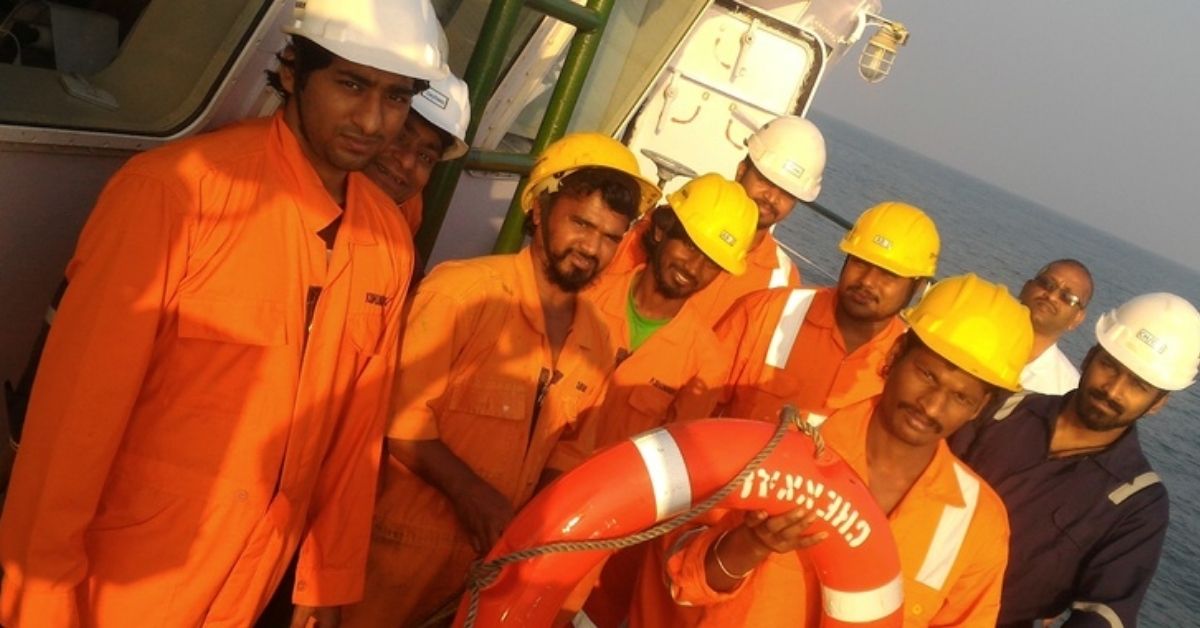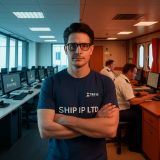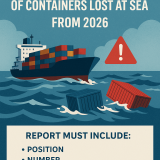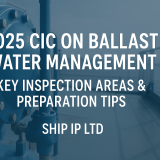Shipowners, operators and managers need greater cyber resilience as they introduce higher levels of digitalisation across their fleets
Ships and ports are increasingly becoming victims of cyber attacks as networks and vessel IT is further linked to online and cloud-based services.
Delegates at Riviera Maritime Media’s Maritime Cyber Risk Management Forum, held 28 June in association with Norton Rose Fulbright, heard they need to integrate cyber security into their digitalisation programmes.
International Seaways vice president and chief information and security officer Amit Basu said cyber resilience should be embedded in newbuild projects and retrofitted into existing ship systems. “Digitalisation is growing at an extremely swift rate, which is causing a significant increase of the cyber-attack surface on the ships,” he said.
On the other side, cyber criminals are innovating and are more sophisticated in their approach to the maritime industry with targeted attacks more common.
“Cyber security alone is not enough anymore, it is time to aim for cyber resilience,” said Mr Basu. “Cyber resilience is an organisation’s ability to withstand and quickly recover from cyber events disrupting usual business.”
He recommends owners manage cyber security with a multi-layered approach encompassing people, processes and technology.
“Align IT and business for a united front against the cyber threats,” said Mr Basu.
Cyber resiliency objectives need to be aligned with digital transformation business goals and these initiatives must embed cyber-security measures in the project specifications from the initiation stage.
“Integrate cyber security into digital transformation programmes,” said Mr Basu. “Our entire industry must build together a cyber resilient ecosystem.”
Wärtsilä Voyage head of cyber security technology Paivi Brunou said evolving technologies driving shipping forward increase the risk of cyber attacks.
“With the advent of highly digitalised shipping, remote operations andautonomous navigation, cyber security is becoming critical to the emerging technological improvements in maritime environments,” she said.
Shipowners should therefore implement context-relevant and effective cyber controls and capabilities to reduce attack surfaces in their systems. Vessel operators need to identify the residual risks and “work together to implement best way to minimise those through layered security activities,” said Ms Brunou.
She suggested working with third parties on security, collaborating with partners and sharing information on cyber security related near-misses and incidents via a trusted channel.
“The industry needs to take action to increase cyber security and resiliency by leveraging public and private partnerships and collaboration,” she said.
“Maritime cyber security needs to be ready not only for what is happening today, but what will be a reality during the next decade.”
Inmarsat director Laurie Eve said achieving cyber resilience requires many elements of security and threat intelligence as well as training, secure network connections and incident response plans.
“Training needs to refreshed, updated and continuous, with a no-blame culture to encourage issue reporting,” said Mr Eve.
He said shipowners should consider employing a security operations centre to provide intelligence and monitor onboard networks to maintain a situational awareness of threats.
An incident response plan can be used when security is overcome by a cyber threat.
“Assume there will be a breach at some point and be ready to limit the damage,” Mr Eve said. “Invest in an incident management policy, provide training and do rehearsals and use existing guidance.”
Inmarsat has a Fleet Secure portfolio of products and services for securing end points, communications and email, and increasing crew awareness and unified threat management.








